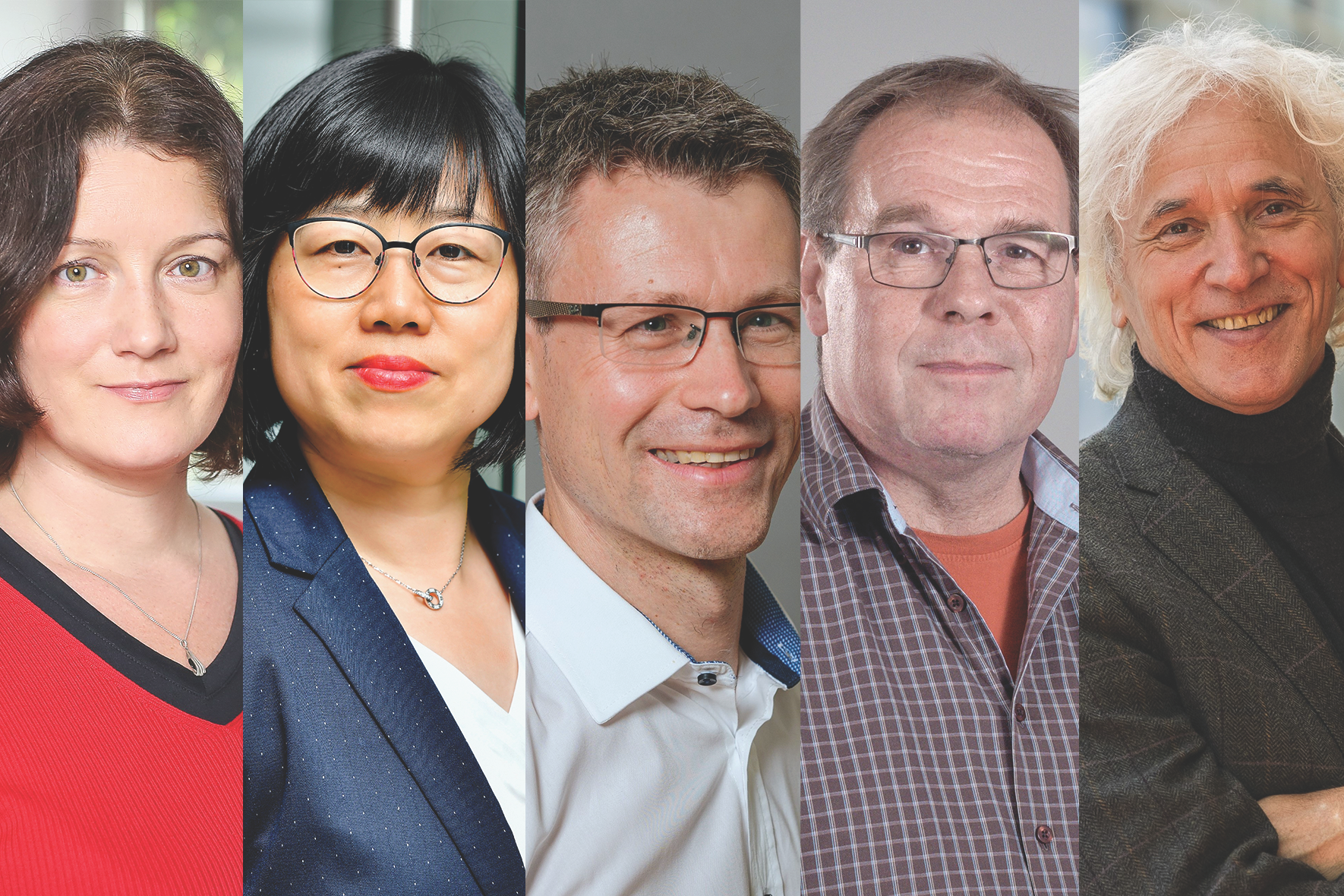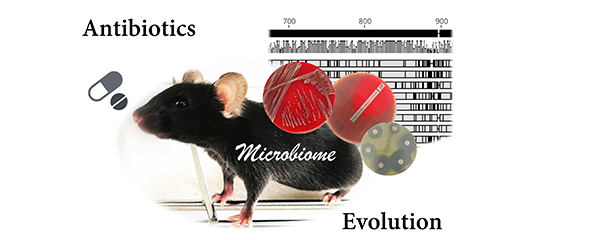The interdisciplinary team discovered that lung adenocarcinoma uses a sophisticated mechanism to promote the growth of cancer cells. It uses immune cells in the lung tissue and makes them work for it. Normally, these immune cells, called macrophages, are responsible for eliminating pathogens during infections. However, these macrophages are manipulated and reprogrammed by the cancer cells to act as a fuel source for the cancer cells. This fuel consists mainly of lipids, which are necessary for cancer cell growth.
Thekla Cordes and her team used mass spectrometry and tracing experiments to show how the metabolism of alveolar macrophages is affected in lung cancer. “The team has discovered an innovative approach by which lung cancer cells actively manipulate their local environment and the metabolism of immune cells. As a result, the cancer cells stimulate their own growth. The tumor cells use these selfish hijacking mechanisms, which we might be able to influence in the future with effective cancer therapies,” says Cordes. However, she also warns against exaggerated expectations. “The path from an effective mechanism to a therapy or a drug is very long. Many more studies are needed. It can be assumed that such development processes will take several years and it is not possible to say if and when a therapy or a drug will be approved and available on the market.”
The research results were published in the research journal Cancer Discovery.
![[Translate to English:] Portrait Thekla Cordes](/fileadmin/user_upload/HZI/Media_Center/Newsroom/2024/TheklaCordes_1a.jpg)



